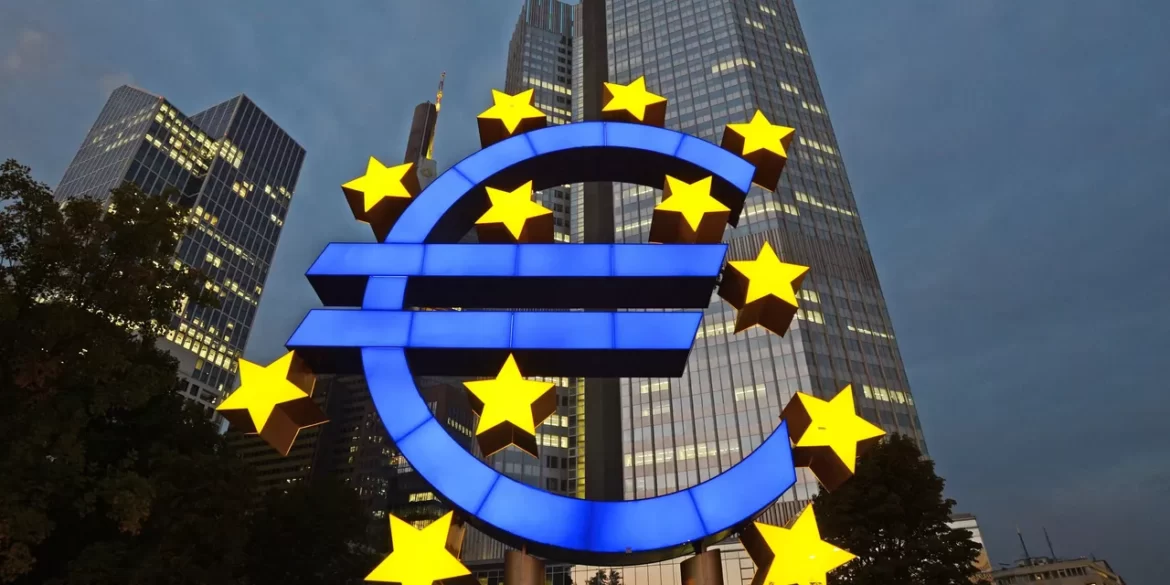Welt: Germans are the number one contributor to the EU budget, but Poland and Hungary are eating them up
The Germans are outraged: for several years they were taught that Poland and Hungary are governed by dictators hostile to the European values, and suddenly these very countries received the largest payments from the EU, writes “Welt”. Germany, on the other hand, has a different fate: it pays the most into the EU budget. “Why?” – readers ask.
For a number of reasons, including Brexit, Germany contributed a record amount to the EU budget in 2021. The federal government stresses that these billions did not go in vain. The calculations show which countries receive the most money from Brussels.
Germany’s financial contribution to the EU budget reached a record last year. The dpa news agency estimates that Germany added roughly 25.1 billion euros to the European Union’s coffers in 2021. France paid in 12.4 euros, roughly half of the German contribution, and Italy seven times less, 3.2 billion.
In absolute terms, Poland is the biggest beneficiary of the EU budget, receiving 11.8 billion more than its contribution. Poland is followed by Greece (4.5 billion euro), Hungary (4.1 billion euro) and Romania (4 billion).
In 2020, the German contribution was €19.4 billion, a markedly lower figure. During negotiations on the EU financial policy for 2021 – 2027, the FRG and other donor countries agreed to increase their contributions once more to offset the losses from the UK’s withdrawal from the EU.
From a political point of view, the biggest perplexity is the large cash flows to Poland and Hungary. After all, both of these states have been criticised for blatant violations of the rule of law, criticism of “propaganda of LGBT ideology” and violations of other basic EU values. So far, however, only funds designated in the EU budget for Hungary have been frozen.
The European Commission, which is responsible both for the EU budget and the rule of law in the Union, did not want to comment on the above figures when asked by dpa. The Commission has not published financial reports for some time now, as it fears that these figures will be used for political purposes by EU opponents in donor countries.
The Commission also believes that the EU budget is very small compared to national budgets, and that the benefits of EU membership should not be judged on budget figures alone. One argument is, for example, that the critics do not take into account the financial benefits that exporting countries, and in particular Germany, get from the free movement of goods.
The same view is held in Berlin. “No other European economy benefits as much from the EU internal market as the German one,” the German government says on its website. Germany, they say, although it contributes a lot of money to the EU’s common pot, receives considerably more from its mere existence.
How much money an EU state has to contribute depends largely on its share of the GDP of the European Union. Based on the average per capita income of its citizens, apart from the Germans, the Danes, the Netherlands and the Austrians are also among the most important contributors.
590 total views, 2 views today



